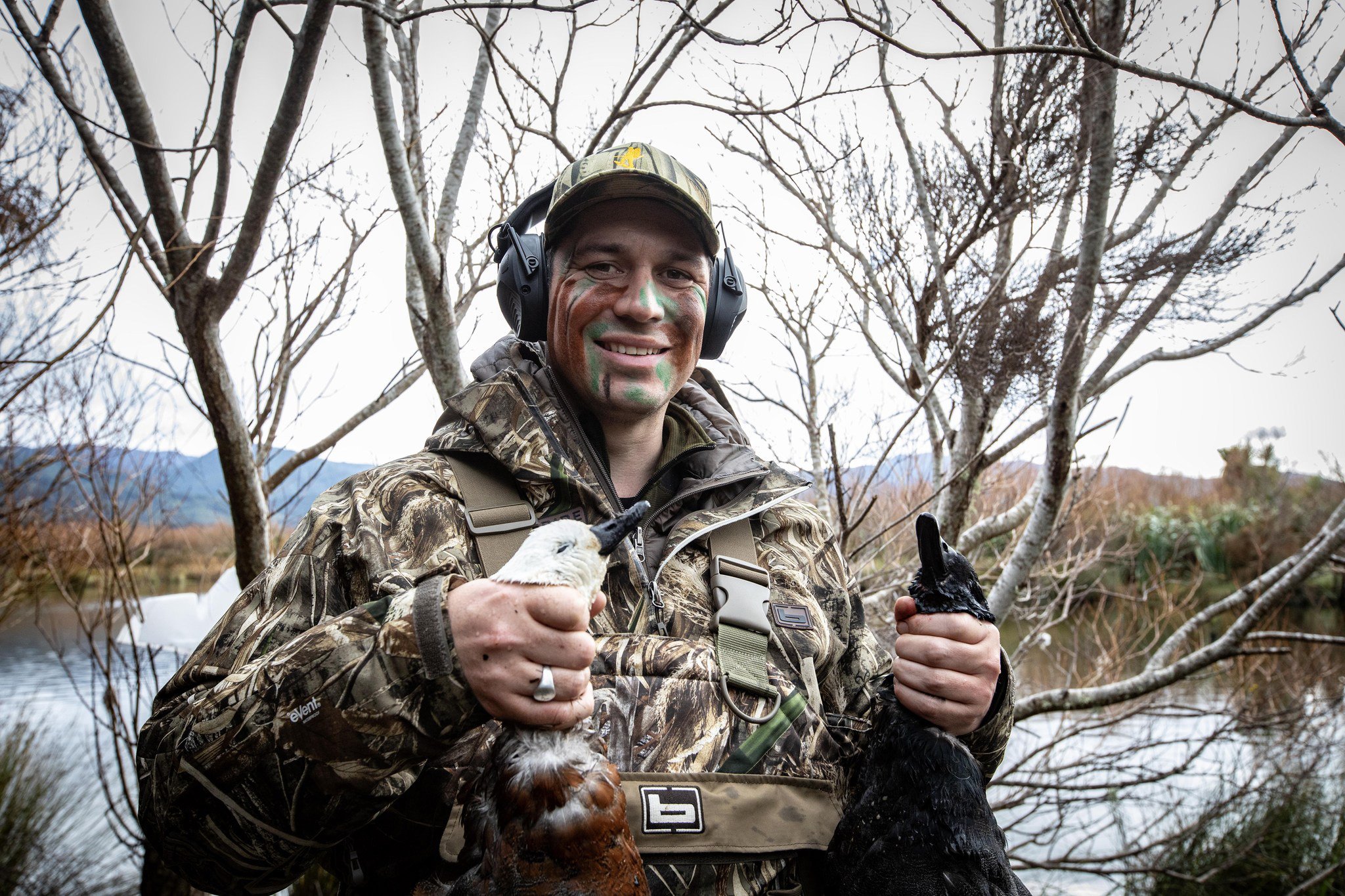
I read Ray Grubb’s opinion piece of Fish & Game reform (Opinion, ODT, 7.10.25) with interest.
I want to acknowledge the valuable contribution that Mr Grubb has made to the discussion about Fish & Game’s future. His leadership and commitment to improving the organisation has helped bring us to this point of reform, and I agree with his view that change is needed.
As minister for hunting and fishing, I want to make it easier for New Zealanders to get out and enjoy our world-class hunting and angling opportunities. These goals have shaped my approach to Fish & Game reform, which aims to:
■ Clarify and balance the roles and responsibilities between Fish & Game councils and the New Zealand Fish & Game Council to ensure local decisions reflect local needs, while national co-ordination provides strategic direction and cohesion;
■ Put licence-holders at the heart of the reform and uphold the ‘‘user pays, user says’’ principle. As Mr Grubb notes, licence-holders completely self-fund Fish & Game, and they deserve a strong voice in how it’s run.
■ Align Fish & Game’s governance with modern standards and best practices to ensure transparency, accountability and effectiveness.
These reforms will give better value to licence-holders, ensure fish and game stocks are managed well and consistently and turn Fish & Game into a modern, unified organisation that delivers for all its members and other users of our natural resources.
Over the past year, I have met with Fish & Game councils, licence holders and outdoor recreation groups across the country. I’ve heard a wide range of views.
Some have called for major structural change, whereas others are worried that too much reform could weaken local independence.
After listening carefully, I believe we’ve got the balance right.
The changes we’re proposing will strengthen governance and accountability while keeping Fish & Game’s grassroots, regional character.
They will ensure Fish & Game continues to be an effective regulator into the future.
I want to preserve the strong connection that Fish & Game councils have with their regions and licence holders, while also improving consistency so that decisions are made in the interests of all licence-holders.
There is flexibility here too. For example, the New Zealand Council will set minimum standards for monitoring sports Fish & Game bird populations, but regional councils will determine the workplans to meet those standards.
And while the reforms will not require regions to merge, the changes will make it easier for mergers to take place where appropriate in future.
The reform will ensure licence fees go where they are most needed, transparently and effectively, to support hunters and anglers.
I propose that most funding will be allocated to regions based on hunter and fisher activity, but all regions will be funded to perform key activities such as monitoring, reporting and compliance first.
Regional Fish & Game councils will continue to make choices about how to allocate most of their funding.
I know not everyone will agree with every detail of the reforms, and that’s healthy. There will be opportunities for further input during the select committee process, and I have been encouraging licence-holders and regional representatives to have their say.
This is their organisation, and their feedback will help shape its future.
We all want the same outcomes: healthy fisheries, strong co-operation within Fish & Game and a supported community of hunters and anglers who can enjoy New Zealand’s great outdoors.
The reforms are about ensuring the organisation that manages those resources is fit for purpose and focused on what matters most.
Change can be challenging, but in this case, most agree it’s necessary.
A stronger Fish & Game will help make it easier for more New Zealanders to get outdoors, to hunt, to fish and to enjoy the places that make our country special.
■ James Meager is the minister for hunting and fishing.










